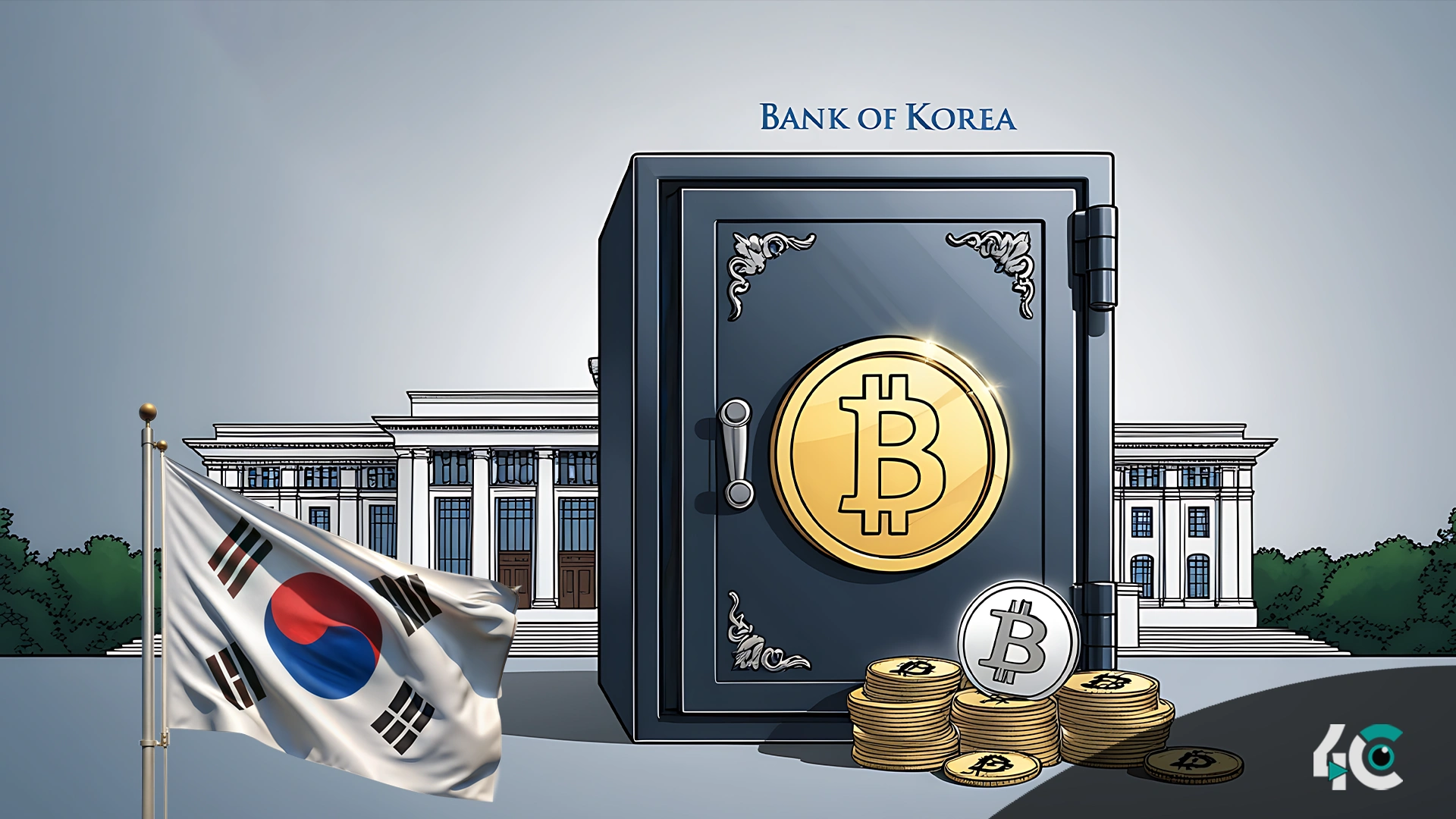Emphasizing a need for care given the great volatility of Bitcoin, the central bank of South Korea has rejected the idea of including the cryptocurrencinnn her foreign exchange reserves. Responding to a written request from Representative Cha Gyu-geun of the Planning and Finance Committee of the National Assembly, officials from the Bank of Korea (BOK) said on March 16 that they have not discussed or examined Bitcoin as part of their reserve assets.
The BOK underlined worries about the price swings of Bitcoin and underlined that an unstablebleblebleble crypto market could result in much more transaction fees when selling assets. Bitcoin values have swung widely over the past month, falling from highs of $98,000 to as low as $76,000 before steadying around $83,000. The centralsaididd such volatility makes it inappropriate for inclusion in South Korea’s foreign exchange reserves.
Debates on national cryptocurrency reserves have gained momentum worldwide, particularly since the U.S. government decided to create a Strategic Bitcoin Reserve. Certain countries, notably the Czech Republic and Brazil, have shown interest in investigating how digital assets might fit their financial systems. Still dubious, the Bank of Korea emphasizes that foreign exchange reserves must satisfy particular rrequirements,, including liquidity, stability, and a credit rating of investment grade or higher—standards Bitcoin does not now satisfy.
Members of the Democratic Party of South Korea and crypto industry enthusiasts encouraged the central bank to take into account including Bitcoin in reserves or creating a stablecoin supported by the Korean won during a policy conference set for March 6.. The central bank insists on following conventional reserve criteria in spite of these demands, therefore guaranteeing that assets may be easily accessed and sold as needed.
Financial analysts have mirrored the worries of the BOK. Prof. Yang Junseok of the Catholic University of Korea underlined the need to maintain foreign exchange reserves in line with the currencies of important trading partners. Likewise, Professor Kang Tae-soo of KAIST proposed that stablecoins, rather than Bitcoin, would be a more practical choice for preserving financial stability on a worldwide level.
Although the financial authorities of South Korea have been progressively removing crypto-related limitations, the Bank of Korea’s view of Bitcoin as a reserve asset stays the same. Currently, the central bank believes that a measured and cautious approach is required in line with the policy of other big financial institutions, such as the European Central Bank, the Swiss National Bank, and the financial authorities of Japan.
As global debates on digital asset reserves shift, South Korea is likely to closely monitor global developments. The Bank of Korea is still adamant, meanwhile, about excluding Bitcoin from its foreign exchange reserves.































